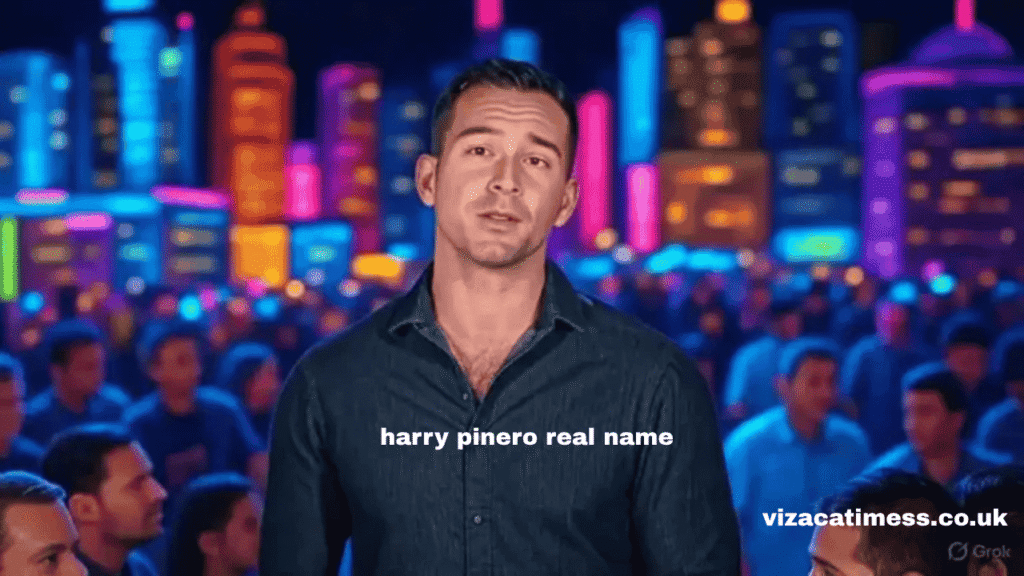Hugo Bachega Accent, ?? — A Deep Dive into the Journalist’s Voice, Background, and Global Influence

When discussing international journalism and correspondents with a global reach, few names resonate as strongly as Hugo Bachega. Known for his compelling reports from conflict zones and political upheavals, he’s gained a reputation for delivering powerful stories with clarity and depth. However, one aspect that often piques the curiosity of viewers is the Hugo Bachega accent. In this article, we will delve deep into the unique linguistic presence of Hugo Bachega, exploring the elements of his accent, what it tells us about his background, and how it shapes his identity as a journalist.
Early Life and Cultural Roots: Tracing the Origins of Hugo Bachega’s Accent

To understand the Hugo Bachega accent, it is essential to look into his cultural and linguistic origins. Hugo Bachega was born in Brazil, a country known for its diverse dialects and linguistic influences. Brazil’s official language is Portuguese, but regional accents vary widely across the nation’s vast geography.
Being a native Brazilian, Hugo’s original accent would have been shaped by Portuguese phonology and Brazilian dialectical nuances. His Brazilian heritage is evident in certain subtle inflections in his English speech, though his current accent leans heavily toward an international or neutralized English tone.
This linguistic evolution is typical of journalists who operate across continents, but Hugo’s background adds layers of complexity to his voice. His accent tells a story—not just of personal identity, but of adaptation, mobility, and global communication.
Professional Exposure and Linguistic Adaptability

One of the defining features of Hugo Bachega’s accent is its adaptability. Having worked for major international news outlets, including the BBC, Hugo has had to tailor his communication style to a global audience. This often means softening regional intonations and developing a more neutral or universally intelligible English accent.
Such a transformation doesn’t erase a speaker’s linguistic heritage; instead, it blends various linguistic elements into a cohesive, professional tone. In Hugo’s case, his Portuguese-speaking roots, combined with his extensive use of English for broadcasting, give rise to an accent that is smooth, articulate, and subtly cosmopolitan.
This ability to shift and balance accent elements is a key asset for international journalists. It allows them to maintain relatability and credibility across diverse audiences while preserving a touch of personal identity.
The “International” Sound: Why Hugo Bachega’s Accent Appeals Globally

The Hugo Bachega accent is often described as having a lightly European-Brazilian undertone mixed with British English clarity. This hybrid tone is partly a result of formal training, professional experience, and environmental influence.
Many journalists who work with British media eventually pick up aspects of Received Pronunciation (RP) or other British English variants. However, Hugo’s accent does not mirror traditional RP rigidly. Instead, it reflects a more modern, accessible version of English that is friendly to international ears.
This “international accent” style is increasingly common among global journalists, especially those reporting for organizations like the BBC, CNN, and Reuters. It allows journalists to be clearly understood by viewers from various linguistic backgrounds without sounding overly formal or regionalized.
Accents and Authority: How Voice Influences Perception in Journalism
Accent can subtly influence how a journalist is perceived. Studies show that certain accents may be associated with trustworthiness, intelligence, or credibility—often based on unconscious bias. For Hugo Bachega, his refined and neutral tone works in his favor.
The Hugo Bachega accent conveys a sense of calm, control, and international professionalism. This tone is particularly important when reporting from conflict zones or covering sensitive political matters. A clear and composed accent reassures viewers, enhances the perceived reliability of the content, and ensures that the message is not lost in unfamiliar inflections.
At the same time, his accent doesn’t feel overly polished or robotic. There’s a warmth in Hugo’s voice, a subtle rhythmic pattern that reflects his Brazilian roots, reminding us that behind every story, there’s a real human voice.
Viewer Reactions: Why the Hugo Bachega Accent Sparks Interest
Social media and public forums often showcase discussions about the Hugo Bachega accent. Listeners describe it as “smooth,” “global,” “easy to listen to,” and “unique.” These reactions are a testament to the power of vocal identity in journalism.
Many viewers enjoy guessing the origin of a journalist’s accent. In Hugo’s case, this often leads people down a fascinating rabbit hole of Brazilian linguistic characteristics, British English influences, and media phonetics. His voice becomes a puzzle of cultural and professional experiences.
This intrigue highlights how accents do more than help us communicate—they become part of a public persona. For Hugo Bachega, his accent is not only a functional tool but also a subtle signature that sets him apart in the competitive world of broadcast journalism.
Behind the Scenes: Training, Diction, and Control
Journalists like Hugo Bachega often undergo professional training to enhance their on-air delivery. Voice coaching, diction exercises, and pronunciation practice help fine-tune their accents for clarity and broadcast standards.
The Hugo Bachega accent, though seemingly effortless, is likely the product of consistent practice and self-awareness. The way he modulates tone, controls pacing, and emphasizes keywords demonstrates vocal discipline. This balance of natural speech and professional control creates a compelling auditory experience.
In high-stakes reporting environments—be it political protests, war zones, or disaster areas—clear communication is crucial. Hugo’s voice stands out for its ability to convey emotion without losing composure, a skill honed through both training and real-world experience.
Cultural Identity vs. Professional Expectation: A Delicate Balance
For multilingual journalists like Hugo Bachega, maintaining cultural identity while meeting professional expectations is a delicate balance. There’s often a tension between sounding “authentically oneself” and fitting into a standardized media voice.
The Hugo Bachega accent seems to navigate this balance gracefully. While largely neutral and broadcast-ready, it retains subtle features that speak to his Brazilian roots. This balance is not only admirable but also increasingly relevant in today’s multicultural media landscape.
Audiences are becoming more open to diverse voices, and journalists like Hugo are at the forefront of this change. His accent is not diluted—it is evolved, shaped by necessity and enriched by experience.
Conclusion: Why the Hugo Bachega Accent Matters
In the realm of global journalism, where every detail—from facial expressions to vocal tone—can influence message delivery, the Hugo Bachega accent stands as an example of eloquence, adaptability, and authenticity. It bridges cultures, resonates with audiences, and enhances the authority of his reporting.
More than just a vocal trait, Hugo’s accent represents his journey—from Brazil to the world stage. It captures the complexities of identity in a globalized world and reminds us that behind every accent is a story worth exploring.
Also Read : Charlie Keough, Rising Media Voice, Journalist, and Digital Talent – A Deep Dive into His Journey



